Wealth Profile Of Commonwealth Of Zion Assembly (Coza)

In Nigeria’s ever-evolving religious landscape, few churches command as much attention as the Commonwealth of Zion Assembly (COZA). Known for its youthful energy, dynamic worship style, and global appeal, COZA has grown into a spiritual and economic powerhouse. From its humble beginnings in Ilorin, Kwara State, to its multi-campus presence across major cities and even internationally, COZA has strategically positioned itself as a modern church with a robust financial structure.
In this post, we’ll explore the wealth profile of COZA, examining how it generates income, its real estate assets, the financial footprint of its leadership, and how the church blends spiritual mission with business acumen.
1. Origins and Rapid Growth
COZA was founded in 1999 by Pastor Biodun Fatoyinbo in the city of Ilorin. Starting as a small fellowship of young believers, the church quickly grew in size, fueled by its appeal to Nigeria’s vibrant youth population. The church’s emphasis on excellence, luxury aesthetics, and spiritual empowerment made it especially attractive to middle-class and affluent Nigerians.
In 2008, COZA moved its headquarters to Abuja, Nigeria’s capital, where it constructed one of its most iconic buildings in Guzape District. Over the years, COZA expanded into Lagos (2012), Port Harcourt (2016), and even beyond Nigeria’s shores to Dubai (2017), solidifying its status as a global ministry.
2. Strategic Real Estate Investments
One of the most visible signs of COZA’s wealth is its investment in high-value real estate. The Abuja headquarters, located in the exclusive Guzape district, is a prime example. Guzape is considered one of the most luxurious and expensive areas in Abuja, with plots of land costing anywhere from ₦60 million to ₦1.3 billion, depending on size and location.
COZA's headquarters sits on a large expanse of land and features a state-of-the-art auditorium, administrative buildings, ample parking space, and technologically equipped infrastructure for seamless worship and media broadcasting. The property itself is worth hundreds of millions of naira, and the church has also acquired adjoining plots, further increasing its land holdings in the area.
Other branches across Lagos, Port Harcourt, and Dubai also reflect a high standard in architecture and amenities, underscoring COZA’s emphasis on excellence in every area—including its buildings.
3. Revenue Streams: How COZA Makes Money
While COZA does not publicly disclose its financial reports, there are several identifiable streams through which the church likely generates income:
Tithes and Offerings
As is standard in most Pentecostal churches, regular tithes (10% of income) and freewill offerings from members form a significant portion of COZA's revenue. With a large and dedicated congregation that includes affluent members and celebrities, these offerings can amount to millions of naira monthly.
Merchandise and Media Sales
COZA has built a solid brand identity that includes books, CDs, digital content, and branded merchandise. Through its media ministry, the church sells sermons, conferences, and worship content both offline and online. This creates a steady stream of passive income while also spreading its message to a wider audience.
Special Programs and Conferences
COZA hosts large-scale events such as “The Seven Days of Glory” (7DG), “Sunday Services with Special Guest Ministers,” and conferences that draw thousands of attendees. These events often feature international speakers, gospel artists, and attract massive participation. Revenue comes through partnerships, donations, event-related sales, and digital streams.
Online Giving and Virtual Services
The church leverages technology for online giving, which has grown significantly since the COVID-19 pandemic. COZA’s digital infrastructure allows members to donate via bank transfer, mobile apps, and its website, making giving more convenient and consistent.
4. Leadership and the Charismatic Influence of Pastor Biodun Fatoyinbo
A central figure in COZA’s wealth profile is its lead pastor, Biodun Fatoyinbo. Known for his contemporary fashion, luxury lifestyle, and powerful sermons, Pastor Fatoyinbo is often nicknamed the “Gucci Pastor.” His image aligns with the aspirational values of many young Nigerians, who admire both his spiritual teachings and apparent success.
He is frequently seen wearing high-end designer brands and driving luxury cars, which has contributed to speculation about his personal wealth. Some online sources estimate his net worth to be between $2 million and $5 million, though these figures remain unverified.
Despite facing controversies over the years, Fatoyinbo’s influence over the church remains strong. He is the face of COZA and the primary driver of its growth, both spiritually and financially.
5. International Presence and Global Appeal
COZA’s international expansion is part of its vision to be a global church. The establishment of a branch in Dubai—one of the world’s most expensive cities—signals the church’s financial capacity and strategic ambition.
This global reach opens up additional streams of income through remittances, global conferences, and international media consumption. COZA’s social media platforms and live streaming attract viewers from across the world, especially in the Nigerian diaspora, many of whom contribute financially to the ministry.
6. Philanthropy and Social Initiatives
Though not as widely publicized as its services, COZA runs a humanitarian arm called the COZA Care Foundation. This initiative supports various social causes, including:
-
Distribution of food and clothing to the needy
-
Medical outreaches
-
Educational scholarships
-
Empowerment programs for widows and single mothers
These efforts reflect the church’s stated mission to care for both the spiritual and physical needs of its community. It also enhances COZA’s public image and justifies its wealth in the eyes of both followers and critics.
7. Estimated Net Worth and Financial Standing
While precise figures are unavailable due to the church’s private nature, online financial estimates peg COZA’s net worth between $10 million and $15 million. These figures are based on the value of its assets, including real estate, income from offerings, merchandise, and media content.
Compared to other megachurches in Nigeria such as Winners Chapel, RCCG, and The Synagogue Church of All Nations, COZA is certainly among the wealthier mid-sized ministries, especially when you consider its relatively younger age.
Conclusion: A Wealthy Church with a Modern Identity
The Commonwealth of Zion Assembly is not just a church—it’s a brand, a movement, and a financial entity with a distinct identity. Its wealth profile is built on strategic real estate investments, modern-day evangelism, charismatic leadership, and global outreach.
COZA appeals to a generation that seeks both spiritual depth and material relevance. By blending ministry with modern aesthetics and economic sensibility, COZA has carved a unique space in Nigeria’s Christian landscape.
As the church continues to grow, questions around transparency, sustainability, and leadership will remain relevant. However, one thing is clear—COZA’s influence, both spiritually and financially, is undeniable.
Post A Comment
Your email address will not be published. Required fields are marked *
































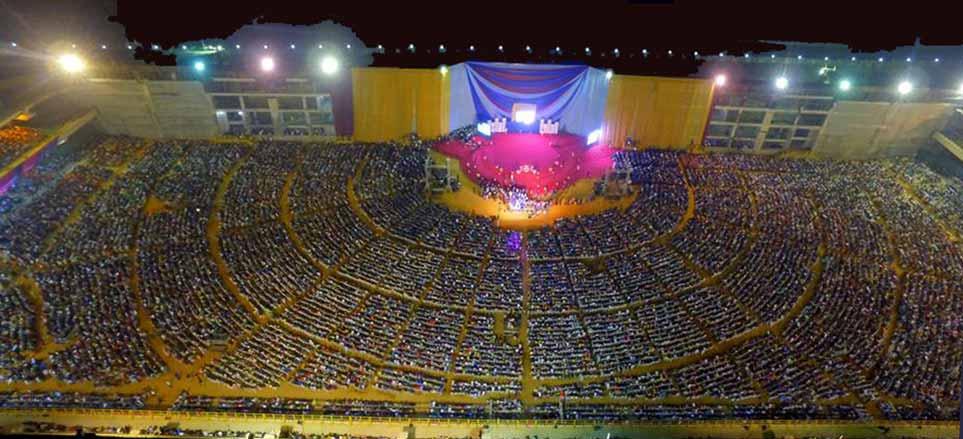

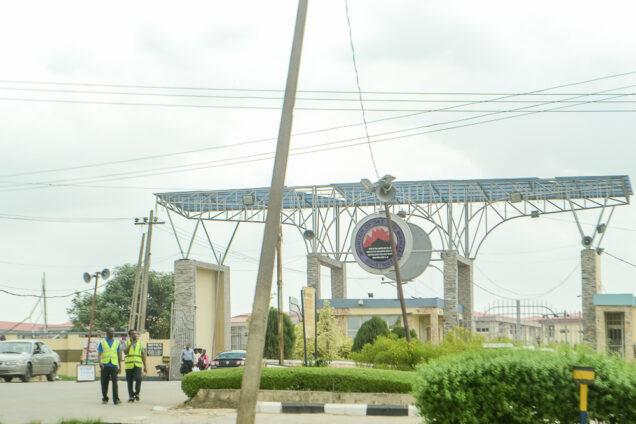













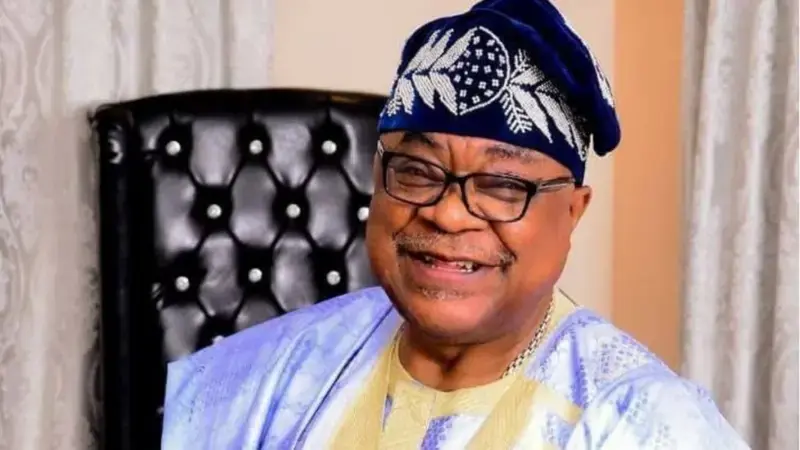

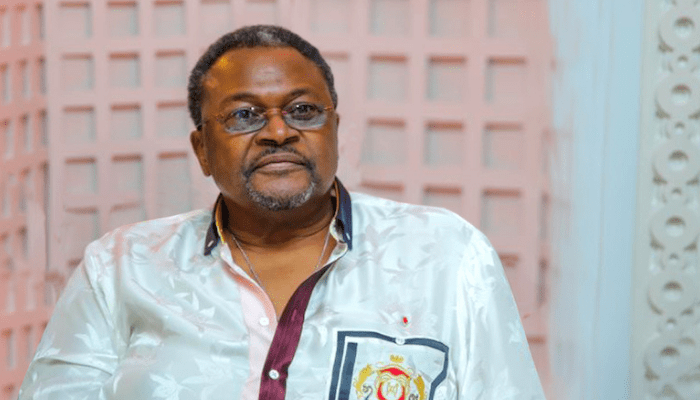









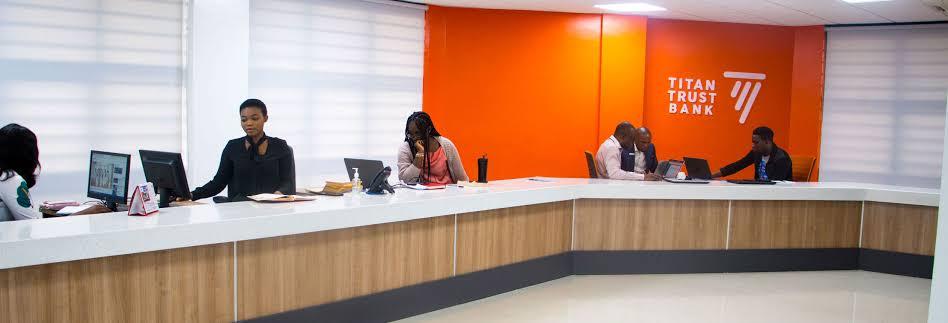




































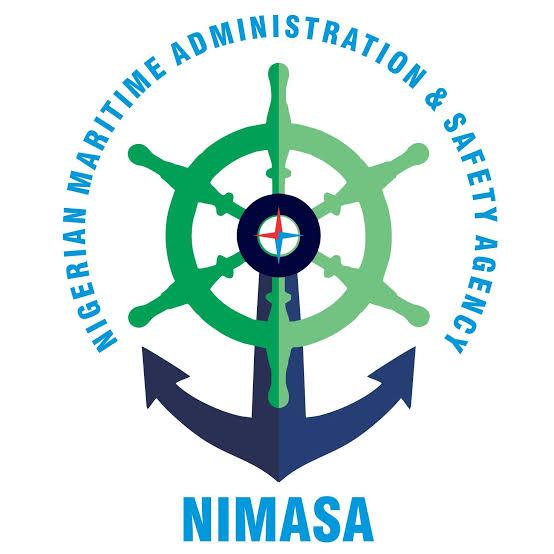





























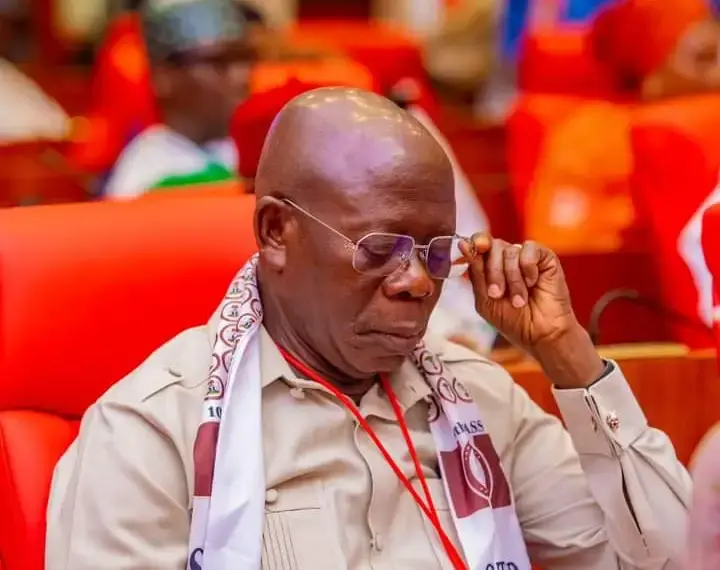









0 Comments